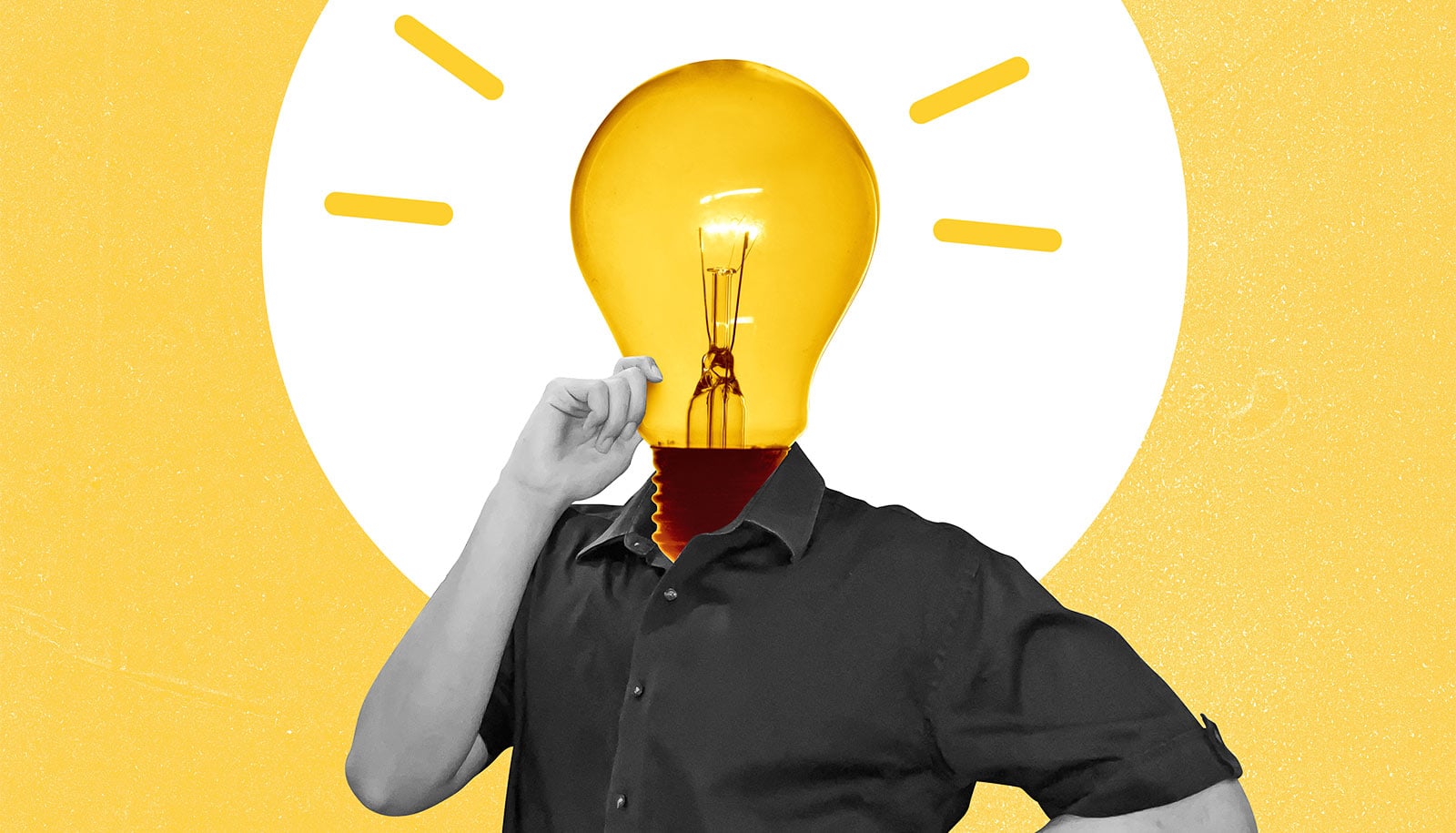College students who strategically think about what material will be on their exams and what resources are available for study may get better grades than students who study more, but in a less strategic way, a new study suggests.
That’s the key takeaway from new research, which found that applying a strategic approach to studying helped college students improve their exam scores by an average of one-third of a letter grade.
‘I studied really hard’
The study, published in Psychological Science, was inspired by meetings that lead author Patricia Chen, a postdoctoral research fellow in Stanford University’s psychology department, had with less-than-enthused students after they received their exam grades.
“Blind effort alone, without directing that effort in an effective manner, doesn’t always get you to where you want to go…”
Many of these students, she noticed, lamented their poor performances despite the great deal of effort that they had put into studying. The classic complaint seemed to be, “I studied really hard, and I’m just as smart as [another student]. I don’t understand why I didn’t do well.”
In response, Chen would ask these students, “Describe to me how you studied for the exam.” From the responses, Chen gleaned the insight that many students—intelligent and willing to work hard—fall short of performing to their potential because they don’t employ a strategic approach to their learning.
“Blind effort alone, without directing that effort in an effective manner, doesn’t always get you to where you want to go,” Chen says.
Thinking about thinking
The research team, which included Desmond Ong, a doctoral student in psychology, homed in on one important aspect of strategic learning—engaging in self-reflection to identify and use resources wisely.
Prior research supports the general use of metacognition, or “thinking about one’s own thinking,” as a successful means to better learning and academic performance. But, before their studies, it remained to be seen whether specifically strategizing about one’s resource use would causally improve students’ academic performance.
The researchers developed a “Strategic Resource Use” intervention that blends educational and social psychological theories. The intervention, according to the study, “prompts students to think deliberately about how to approach their learning effectively with the resources available to them.”
The intervention was administered through brief online surveys sent to college students in an introductory statistics class about one week before their exams.
Students in the control group received a business-as-usual exam reminder. Students in the intervention group received the same exam reminder and a short Strategic Resource Use exercise: It asked students to think about what they expected to be on the upcoming exam and then strategize what kinds of resources they would use to study most effectively. Following this, the students were asked to explain why each resource they chose would be useful to their learning and then describe how they planned on using their chosen resources.
In two studies, students who strategized their resource use before studying outperformed comparable classmates in the control group by an average of one-third of a letter grade in the class. In the first study, students scored an average of 3.45 percentage points higher in the class, and in the second study, the average difference was 4.65 percentage points.
Why was the intervention so effective? The researchers found that the brief intervention exercise made students more self-reflective about how they approached their learning. In turn, this metacognition enabled students to use their resources more effectively, as their self-reports showed.
“It’s not merely about using a greater number of resources for studying. The important point here is using resources more effectively,” stresses Ong.
More college students are using Adderall to stay up and study
This strategic thinking also provided students with other psychological benefits, including feelings of empowerment regarding their education. Students who had taken the intervention perceived a greater control over their learning and expressed fewer negative feelings about their upcoming exams.
Chen emphasizes it is important to consider the specific class environment before implementing the Strategic Resource Use intervention. The researchers note that the intervention has been tested—and found effective—in resource-rich environments, where students have access to textbooks, lecture notes, online resources, teaching assistants, and other tools. But it is still unknown how well the intervention would work in resource-scarce environments.
In resource-scarce environments, says Chen, it might be better for educators to focus on providing “a basic repertoire of resources” first.
Life-long learning
Chen proposes that the principle behind Strategic Resource Use can be applied beyond academics, including parenting, losing weight, or learning a new skill at work.
Does a week of little sleep undo lots of studying?
“Actively self-reflecting on the approaches that you are taking fosters a strategic stance that is really important in life,” she says. “Strategic thinking distinguishes between people of comparable ability and effort. This can make the difference between people who achieve and people who have the potential to achieve, but don’t.”
Chen offered one more piece of advice: “Strategize how you want to effectively direct your efforts before you pour your energy into it.”
Source: Stanford University



